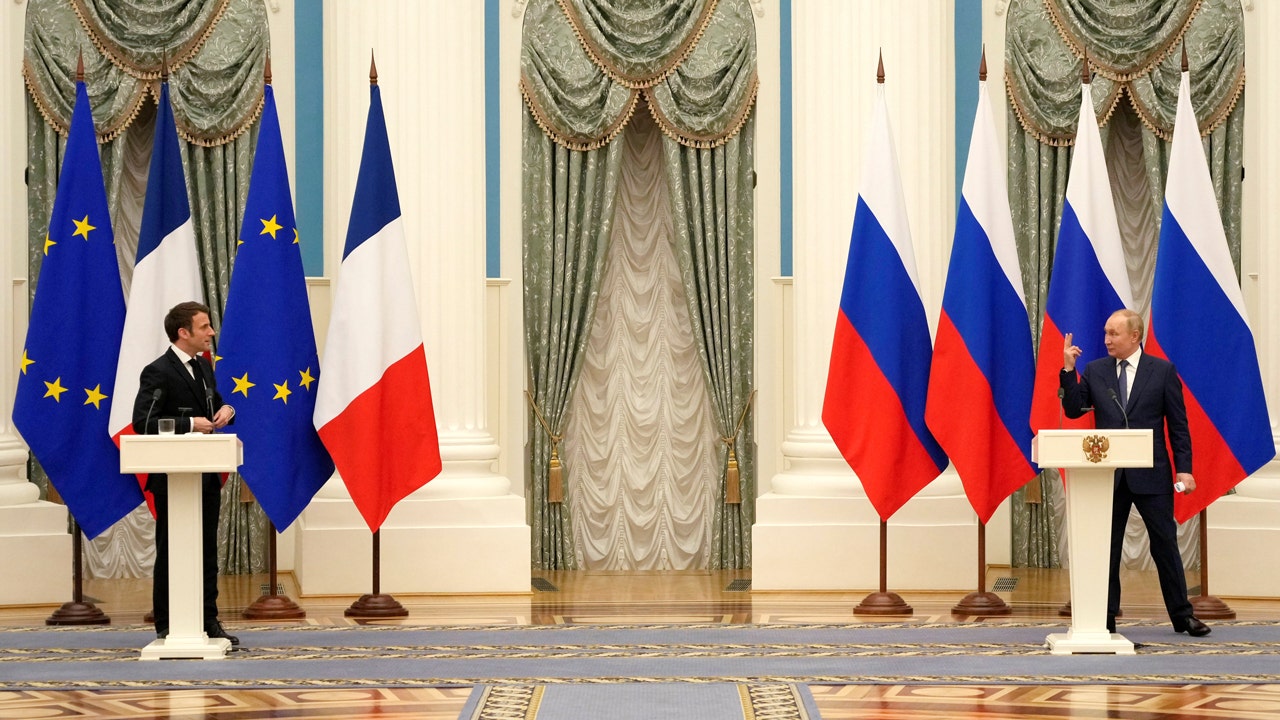As casualties rise in the war between Israel and Hamas and global pressure to de-escalate the violence grows, international mediators are floating proposals for a new cease-fire. But both sides, at least in public, have staked out seemingly intractable conditions, leading diplomats to say they believe a deal for a durable truce remains far off.
In late November, a weeklong cease-fire saw Hamas release more than 100 hostages abducted during their Oct. 7 attack on Israel. In turn, Israel freed roughly 240 Palestinian prisoners and detainees, and allowed more humanitarian aid to enter Gaza. Mediators in Qatar hoped the pause would lay the basis for an end to the fighting.
But the truce expired, and Israeli forces have deepened the war, which military officials say could last “many more months” as they press their objective of dismantling Hamas. As the fighting drags on, fears have grown that the conflict could spread, with Israel trading cross-border attacks with the armed Lebanese group Hezbollah and Yemen-based Houthi militants launching strikes against Red Sea shipping, while U.S. forces bombard what they describe as Iranian targets in Iraq and Syria.
With more than 20,000 Palestinians killed in Gaza since Israel’s military campaign began, according to Gazan health officials, mediators between the two sides continue to seek a way to stem the violence. A drumbeat of announcements of Israeli soldiers killed in the fighting — the military announced three more on Wednesday, bringing the total since Oct. 7 to 498 — has also rattled a country unused to taking such casualties.
The Egyptian government has circulated a proposal calling for further exchanges of hostages and prisoners as a step toward a permanent cease-fire, according to three diplomats in the region who insisted on anonymity because of the sensitivity of the talks. But the diplomats cautioned that neither Israel nor Hamas appeared close to agreeing to such a proposal.
On Monday night, Israel’s war cabinet discussed various truce proposals on the table, including the Egyptian one, according to an Israeli official who spoke on condition of anonymity to discuss the confidential deliberations. In public, Israeli officials have continued to tell the public to expect a long and difficult war ahead.
In an opinion essay published on Monday in The Wall Street Journal, Prime Minister Benjamin Netanyahu reiterated his position that Hamas must be destroyed and Gaza demilitarized — statements that appeared to rule out any role for Hamas in postwar Gaza.
Still, domestic pressure on Mr. Netanyahu to work more aggressively to free the remaining hostages has risen since three Israeli captives were mistakenly killed by Israeli soldiers in Gaza City this month.
Hamas, in public statements, has appeared to dismiss any deal to release the remaining hostages if it does not lead to a sustainable end to hostilities. In an interview with The New York Times on Wednesday, Zaher Jabareen, a member of the group’s political leadership, said the first step had to be a stop to the killing of people in Gaza.
“Our position, which we communicated to all the parties, is that we are asking for a comprehensive cease-fire before we talk about other issues,” he said.
Several countries including Egypt have put forward proposals, but he could not discuss the details, Mr. Jabareen added.
Since the start of the war, both sides have made hard-line statements in public even as talks have continued in private, often through the Qatari government, which brokered the November truce. Despite the bellicose statements of some Israeli officials, the government has said that it is planning to move to a less intense phase of combat, after repeated pressure from the United States, its strongest ally, to dial down the fighting and limit harm to civilians.
Ron Dermer, a top adviser to Mr. Netanyahu, traveled to Washington on Tuesday and met with Jake Sullivan, President Biden’s national security adviser, and Secretary of State Antony J. Blinken. A White House official said that the talks had covered pivoting to a different phase of the war to “maximize focus on high-value Hamas targets,” efforts to free the remaining hostages and “planning for the day after” the war, a reference to how Gaza would be governed when fighting ends.
Isabel Kershner, Ben Hubbard and Erica L. Green contributed reporting.




